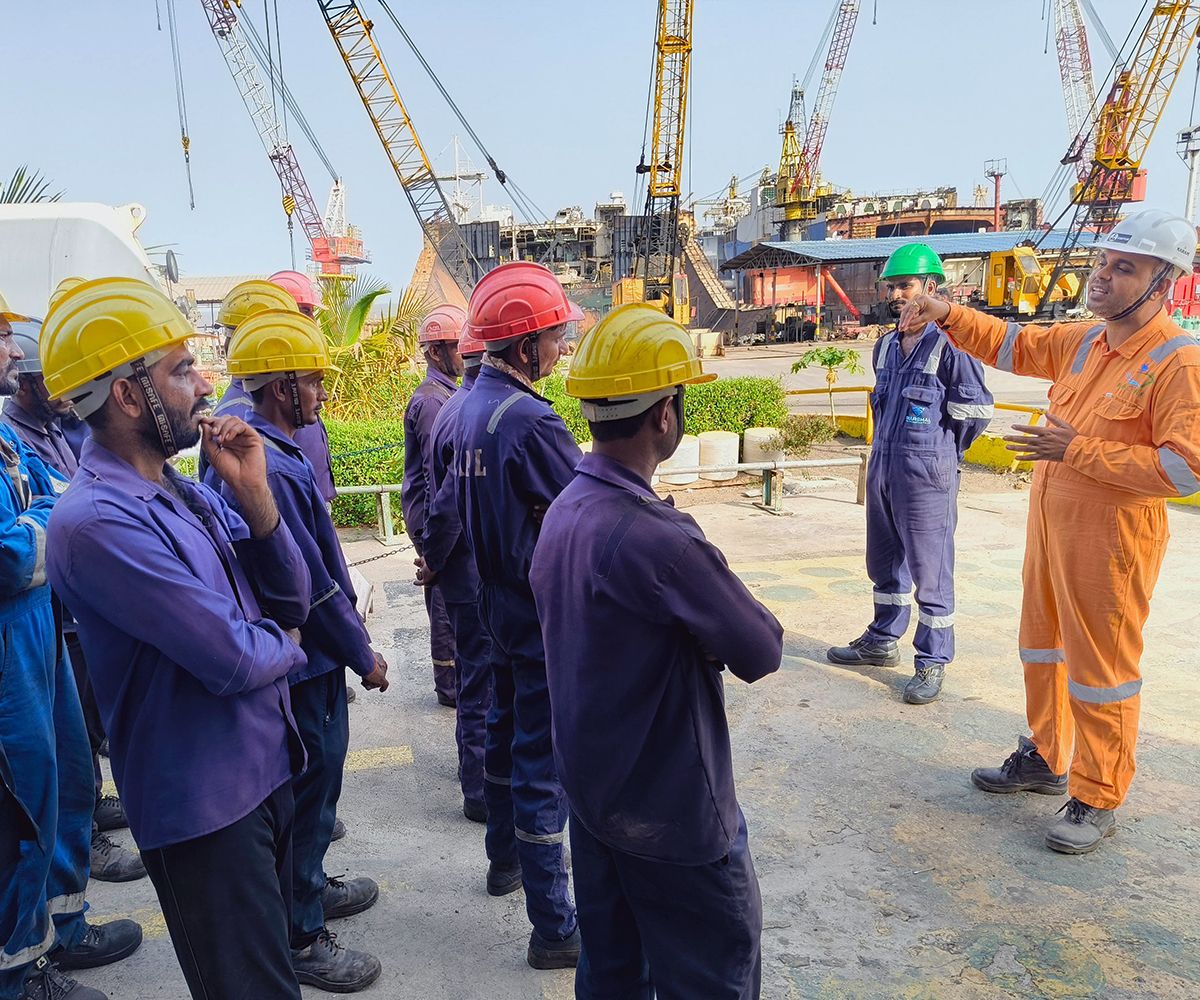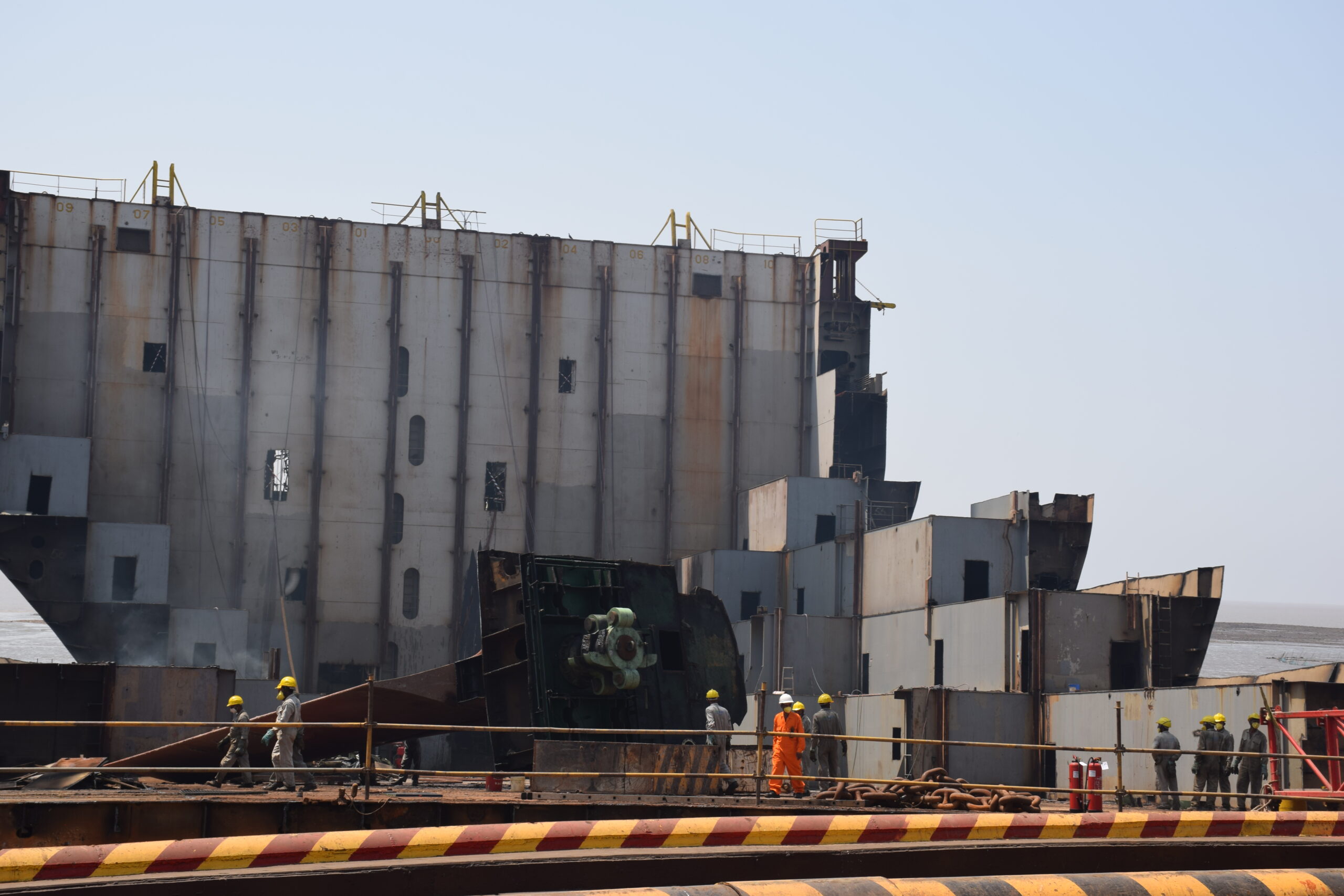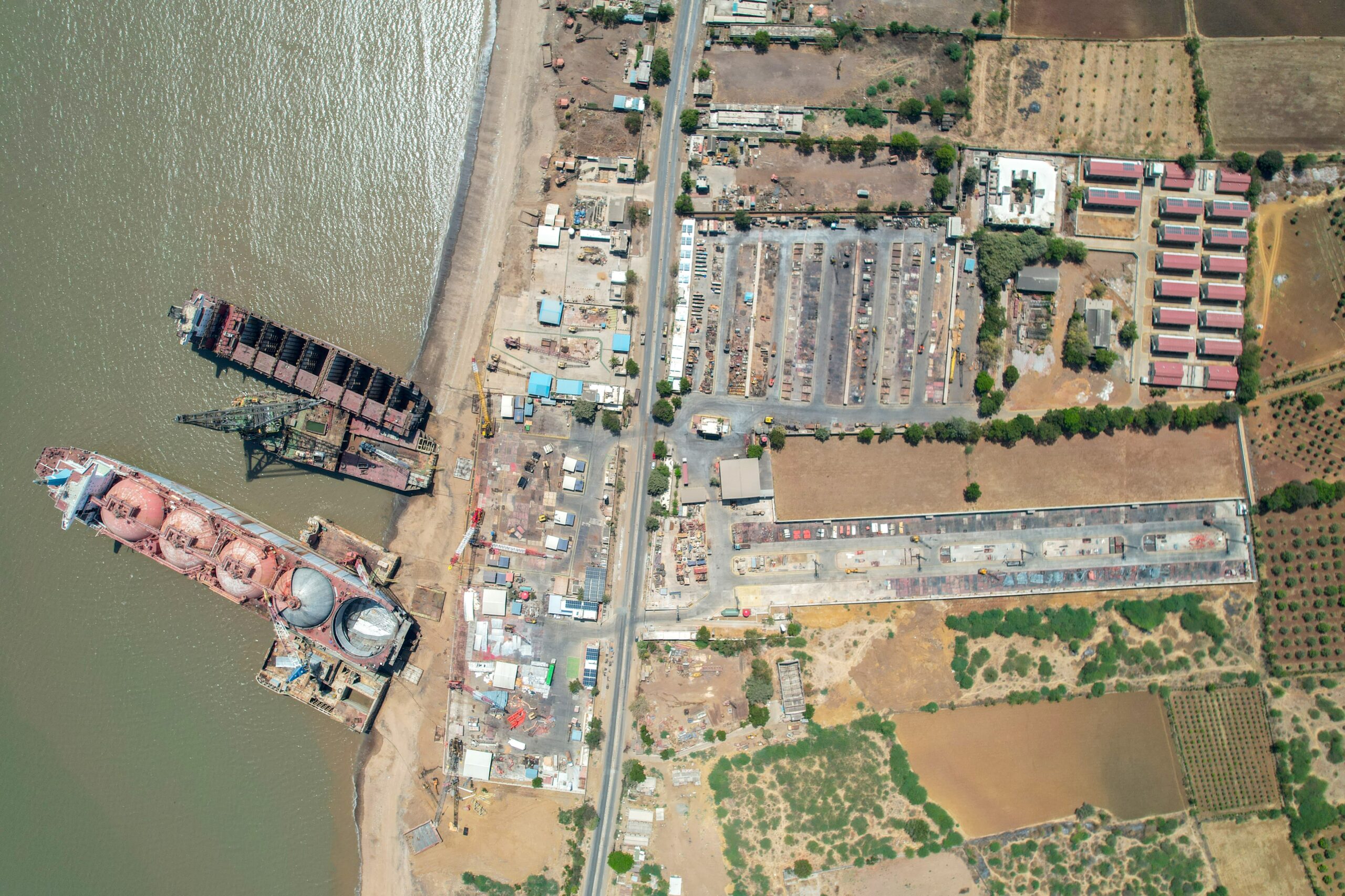International Coalition Forms to Safeguard Red Sea Shipping Amidst Escalating Houthi Attacks
In a significant move to counter the escalating threat posed by Houthi missile and drone attacks on ships in the Red Sea, the United States, on Monday, unveiled a multinational security initiative. The coalition, comprising ten nations including the United Kingdom, France, Bahrain, and Italy, aims to address the challenges posed by these Iran-backed Houthi rebels.
US Defense Secretary Lloyd Austin emphasized the importance of nations coming together to protect the foundational principle of freedom of navigation. The Houthi rebels have been intensifying their attacks on tankers, cargo ships, and other vessels, jeopardizing a vital transit route responsible for up to 12 percent of global trade.
The coalition, as outlined by Secretary Austin, is dedicated to ensuring freedom of navigation for all countries and enhancing regional security and prosperity. The participating nations include the United States, United Kingdom, Bahrain, Canada, France, Italy, Netherlands, Norway, Seychelles, and Spain.
ALSO READ : The Impact of Houthi Attacks on Global Trade: Rerouting and Potential Disruptions
Yemen’s Houthi rebels claimed responsibility for attacking two vessels, the Norwegian-owned Swan Atlantic and another ship identified as the MSC Clara, citing solidarity with Gaza. These attacks are part of a series of maritime incidents aimed at pressuring Israel over its conflict with Hamas militants. The rebels declared their intention to prevent ships heading to Israeli ports in the Arab and Red Seas until more humanitarian aid is allowed into Gaza.
However, the owner of Swan Atlantic, Norway’s Inventor Chemical Tankers, refuted any Israeli link and clarified that the ship was carrying biofuel feedstock from France to Reunion Island. The maritime crisis has prompted several companies, including BP and Evergreen, to suspend transit through the Red Sea. Major shipping companies such as Mediterranean Shipping Company, CMA CGM, Hapag-Lloyd, Euronav, and A.P Moller-Maersk have also halted the use of the Red Sea until further notice.
The attacks have not only disrupted global trade but have also led to a maritime security crisis with significant commercial and economic implications in the region and beyond. Insurance companies have raised premiums on ships, rendering it economically unfeasible for some to transit through the Suez Canal.
ALSO READ : Tragedy Strikes as Migrant Boat Capsizes Off Libyan Coast: Over 60 Lives Lost
Amidst these challenges, the United States has taken a leadership role in forming a multinational maritime taskforce to uphold the bedrock principle of freedom of navigation in the Red Sea. Defense Secretary Austin, during his visit to Israel, emphasized the need for Iran to cease its support for Houthi attacks on commercial vessels.
In response to the attacks, the US military revealed that a destroyer had intercepted 14 drones in the Red Sea launched from rebel-controlled areas of Yemen. The UK also reported one of its destroyers bringing down a suspected attack drone in the region. Meanwhile, rebel spokesman Mohammed Abdul Salam disclosed that neutral Oman had initiated mediation efforts to safeguard shipping in the Red Sea and Arabian Sea.
As the situation unfolds, the maritime crisis continues to pose challenges for global shipping, prompting rerouting decisions by major tanker companies. Frontline, one of the world’s largest tanker companies, announced the rerouting of ships and a selective approach to new business, preferring routes via South Africa’s Cape of Good Hope despite the increased distance and fuel consumption.
In conclusion, the formation of the international coalition reflects a coordinated effort to address the growing threat posed by Houthi attacks in the Red Sea. The focus on safeguarding freedom of navigation and regional security underscores the importance of collective action in the face of maritime challenges that extend beyond national borders. The situation remains dynamic, and the actions of the coalition, along with diplomatic efforts, will play a crucial role in restoring stability to the vital waterway.











